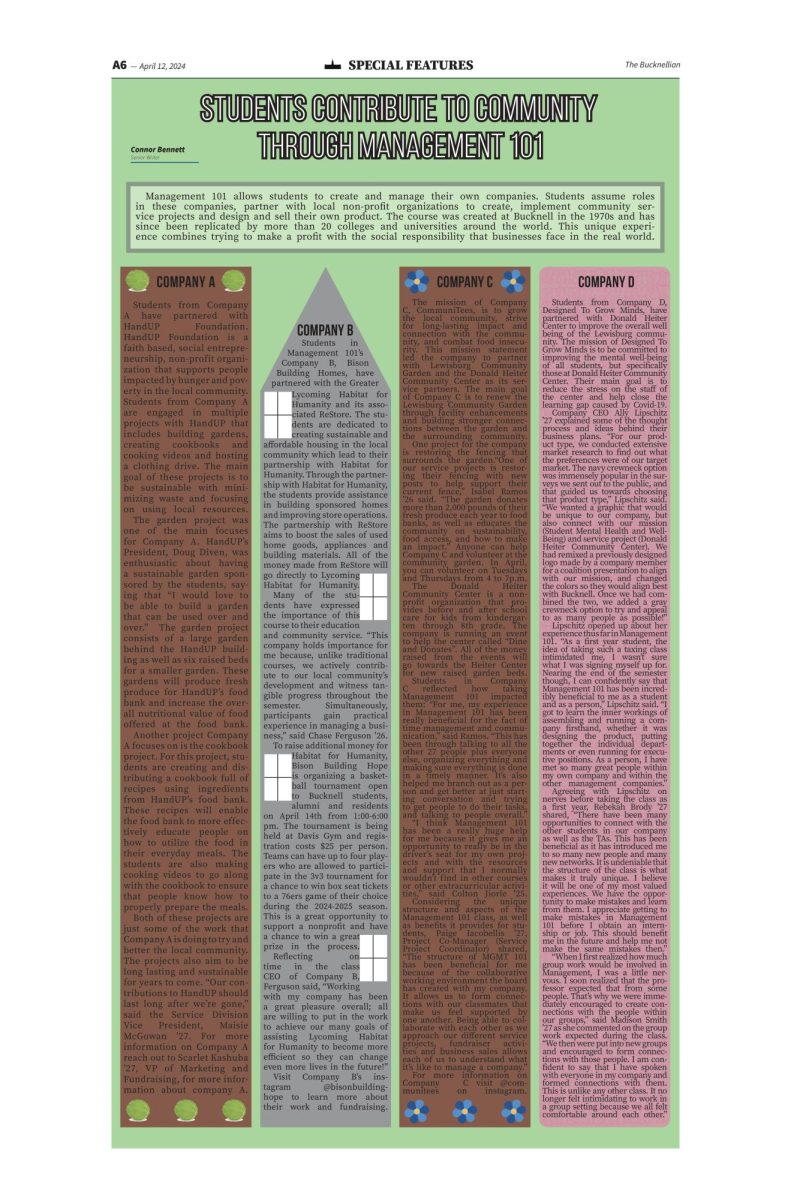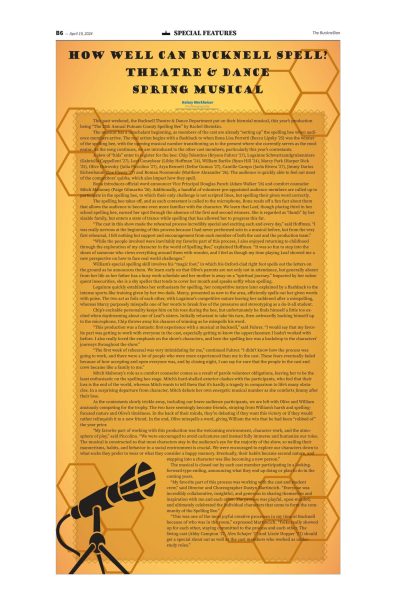Editorial: Sean Spicer and Stephen Colbert walk into an awards show…
September 21, 2017
To no one’s surprise, the 69th Primetime Emmys were political.
“Saturday Night Live” won nine Emmys. Kate McKinnon won Outstanding Supporting Actress in a Comedy Series for her satiric portrayals on the show, three of them being Hillary Clinton, Kellyanne Conway, and Jeff Sessions. Alec Baldwin was awarded Outstanding Supporting Actor in a Comedy Series for his impersonations of President Donald Trump. Hulu original series, “The Handmaid’s Tale,” won four Emmys, including Outstanding Drama Series. Margaret Atwood, author of the novel that the show is based on, said, “we’re no longer in a fantasy fiction” after the win, implying that her work’s dystopian setting, in which women are stripped of all rights to their own bodies, is not far off from present times.
Perhaps the most controversial incident of Sunday night was not an upset in a nomination category nor a red carpet faux pas, but the cameo of former White House Press Secretary Sean Spicer. Spicer, since his resignation from the Trump administration, has slowly made his way into the Hollywood limelight.
Spicer appeared on “Jimmy Kimmel Live” on Sept. 13, where he discussed everything from Trump’s tweets to Melissa McCarthy’s impersonations of him. On Sept. 17, during Emmy host Stephen Colbert’s monologue, Spicer declared, “This will be the largest audience to witness an Emmys, period,” mocking his own January 2017 claim that Trump’s inauguration had “the largest audience, ever.”
It should be noted that other ex-Trump admins have made rounds on entertainment television. Anthony Scaramucci appeared on “The Late Show with Stephen Colbert” in August.
What do we make of Spicer’s Emmy appearance? Do we commend Hollywood for attempting to dispel accusations that the industry is disillusioned and out of touch with American reality? Or do we condemn Hollywood for rewarding and empowering a figure who, previously, was one of the media industry’s favorite targets?
We should think about the inevitability of media and politics converging on a stage like the Emmys. Is this type of convergence unprecedented in the history of entertainment television, or is it the new normal?
It is undeniable that television played an integral role in both reporting and satirizing the 2016 presidential campaign. Comedy shows like SNL have built their brand (and stake their reputation) on a responsibility to make fun of politics.
However, we must consider that not every entertainment source need respond to politics. We do think it is important for the media industry to speak out on issues that they feel passionate about, but these should particularly be issues that they have the ability to change. Just this week, we listened to Ben & Jerry’s Jerry Greenfield speak about his company’s commitment to social responsibility as a result of his work with various social justice causes.
It is important for such figures to be careful not to take advantage of their unique position to influence the public. It is also important for viewers to be mindful that what they see on television is not always factual, almost never unbiased, and often sensationalized.
Encapsulating moments in modern political time makes for smart, inspiring, and yes, entertaining television. It also drives harrowing content. This year’s Emmys largely celebrated those whose work challenged and satirized the current administration. Will we continue to be trapped in and influenced by Trump’s distorted American vision? Could the convergence of media and politics, evidenced by the 2017 Emmys, impede our ability to move forward?


























